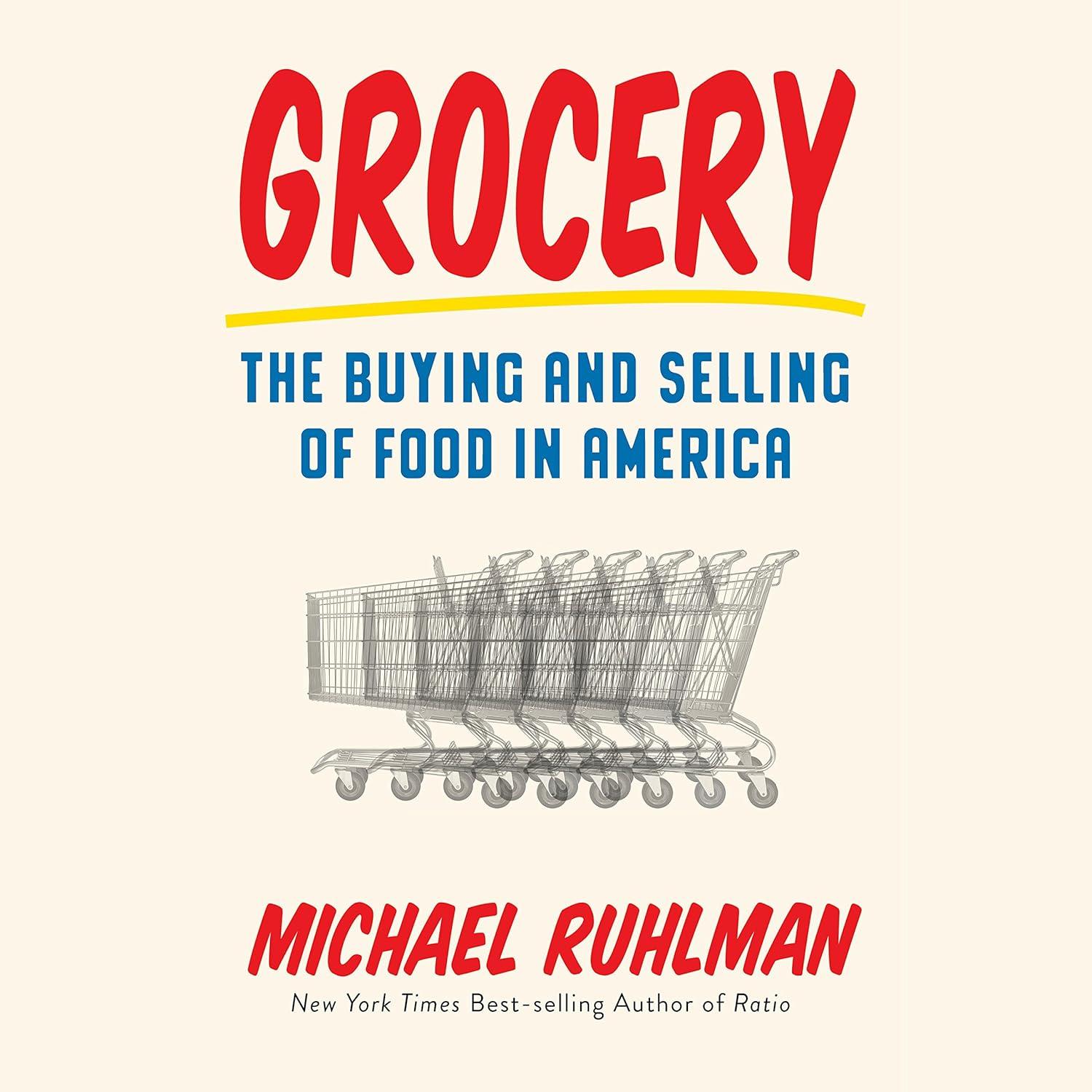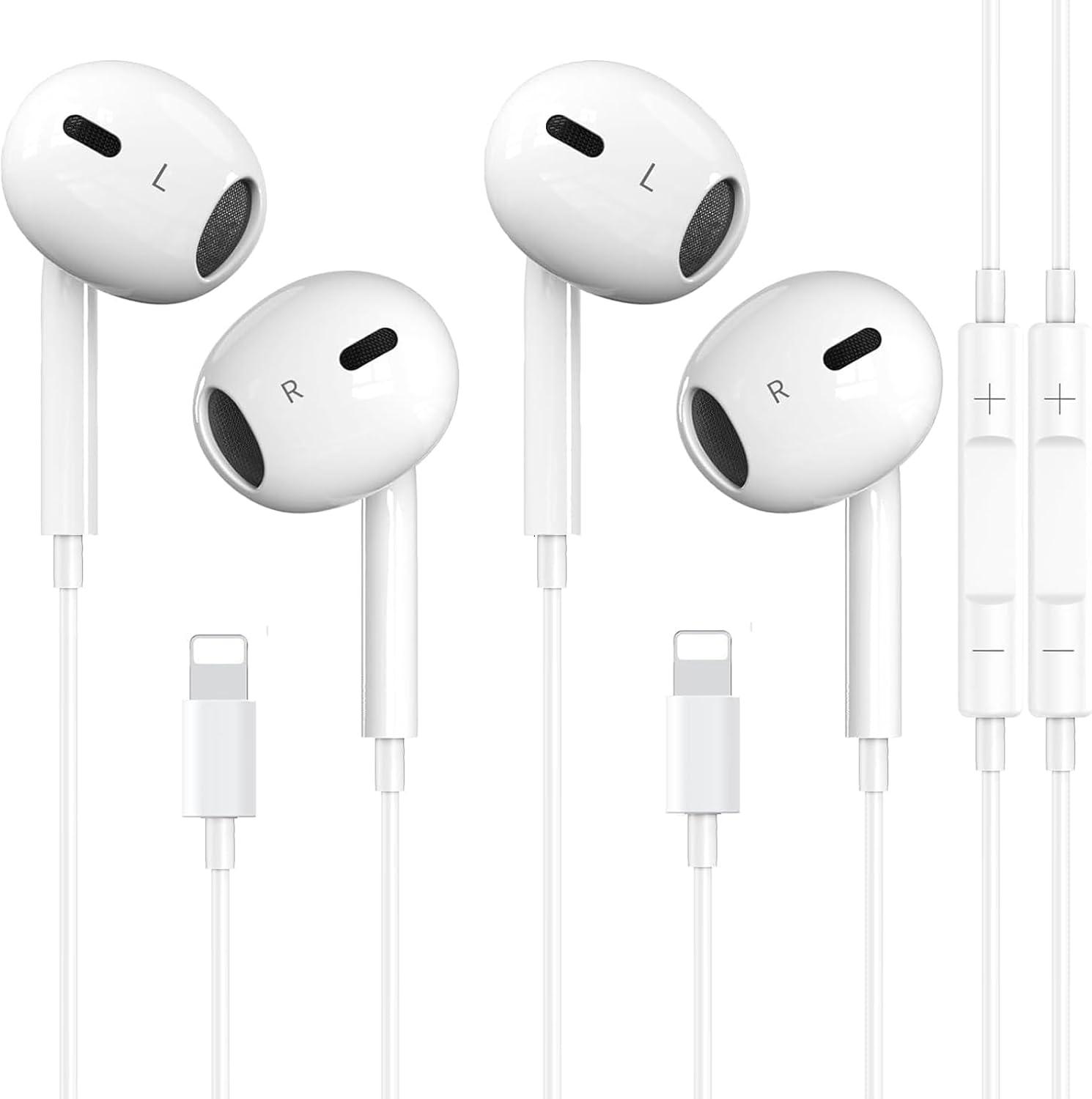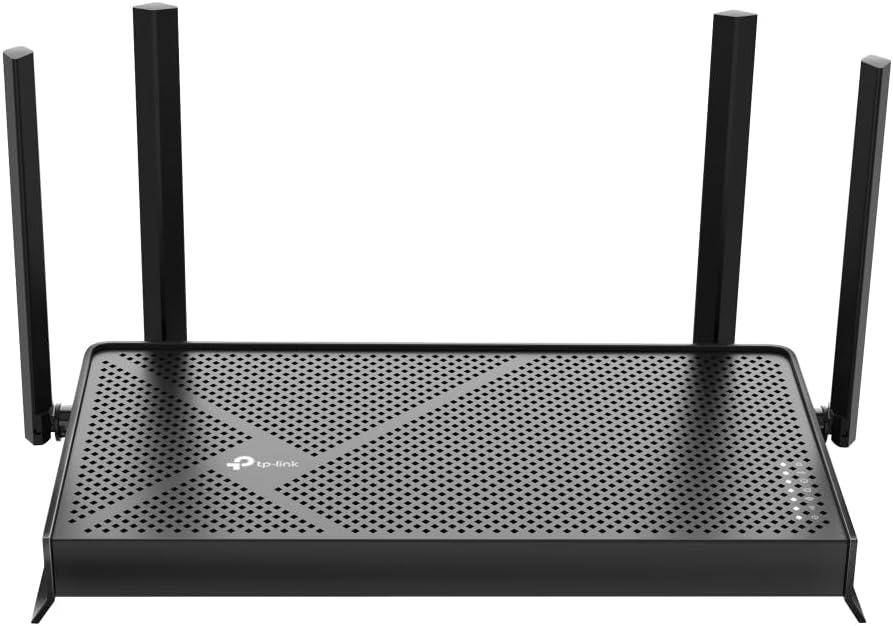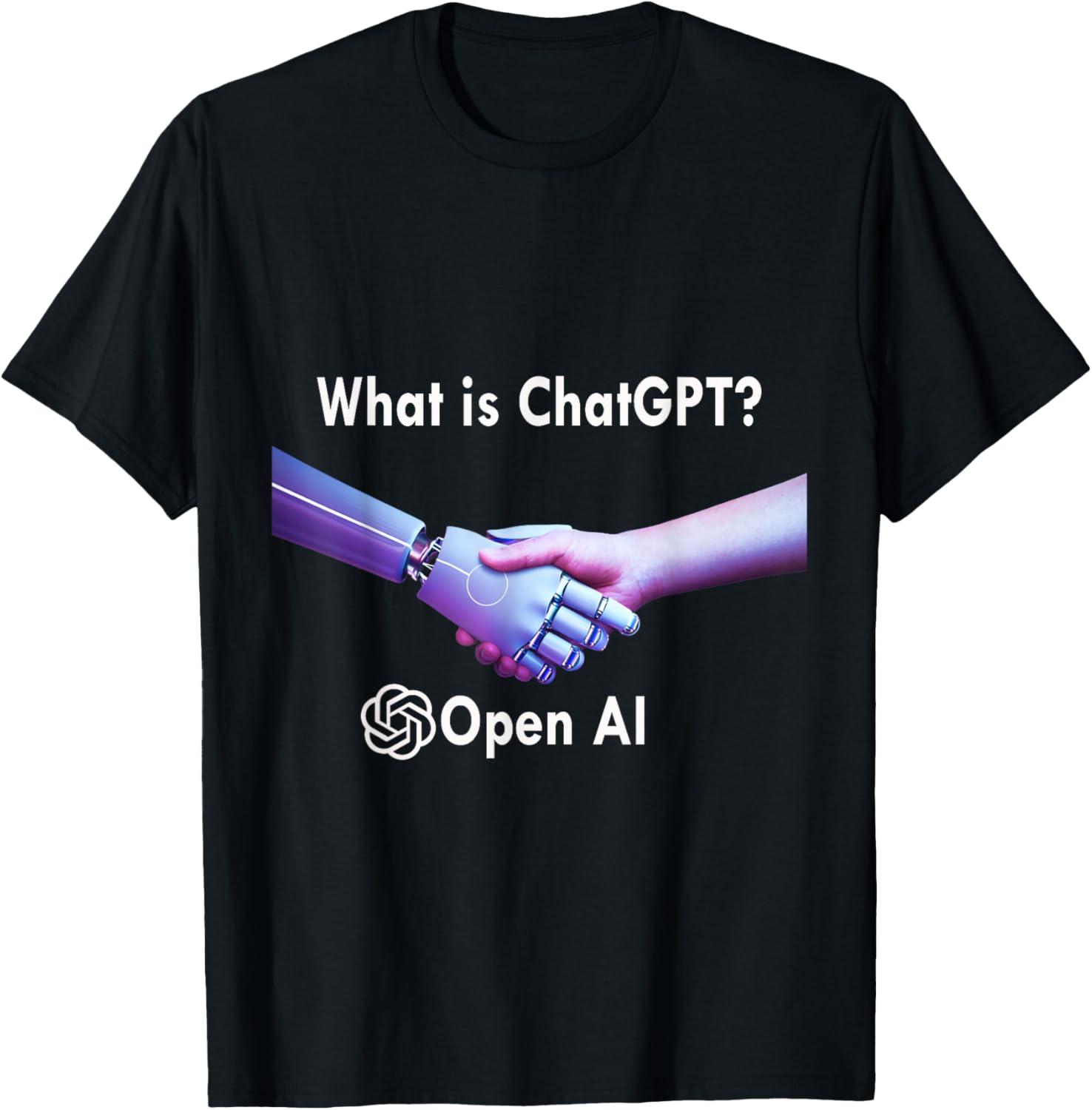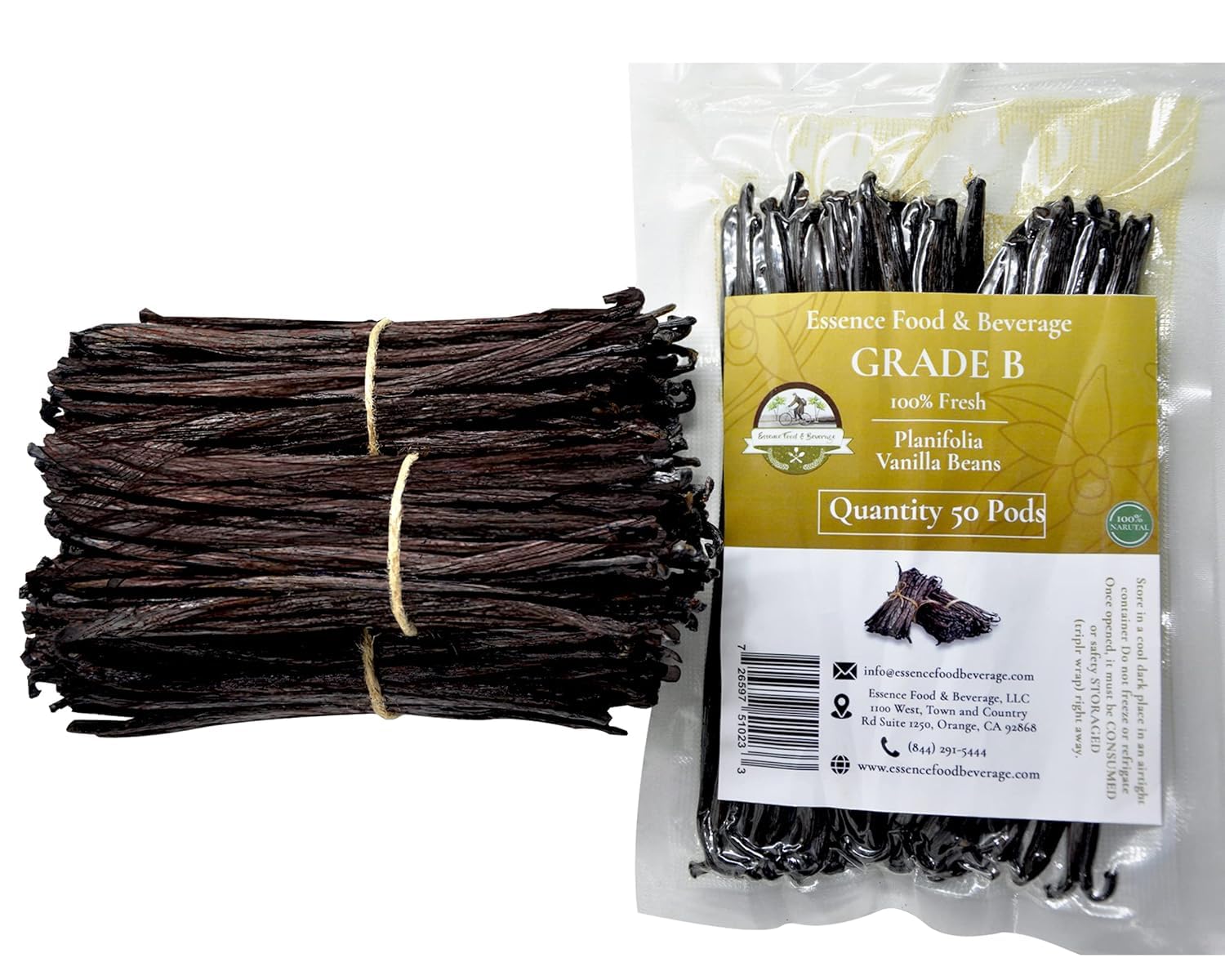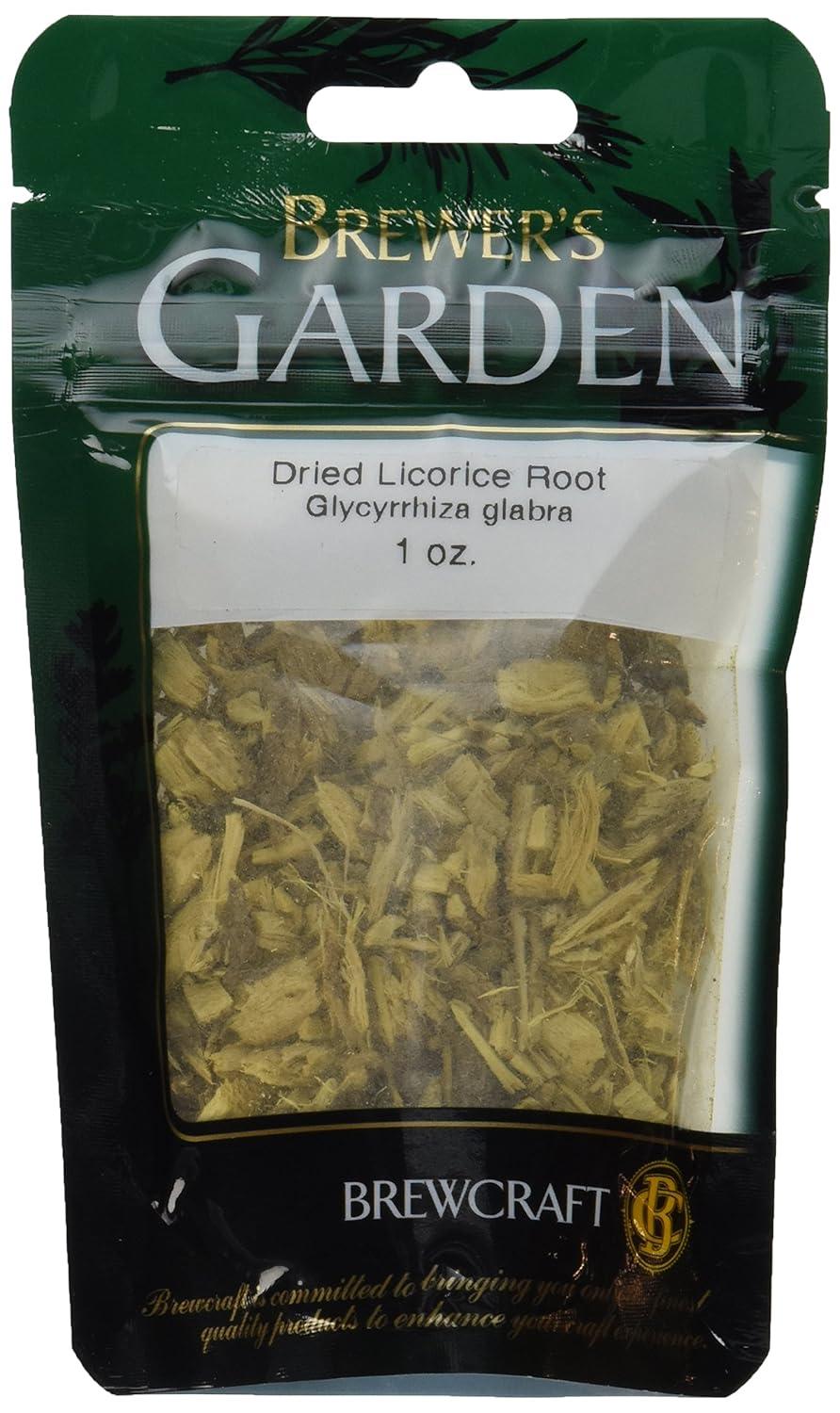Our Unified Experience in the Realm of Grocery Shopping

As someone who grew up in a world of convenience stores and big-box supermarkets, I picked up this book expecting a typical food memoir. Rather, Grocery offers a sharp, revelatory look at how the supermarket has become the unsung hero of American eating. Ruhlman's journey through the aisles of Heinen's, a family-owned store, reveals the hidden complexities of food systems we rarely consider. It's a mix of personal history and cultural critique, blending stories of everyday shoppers with the broader shifts in how food is produced, distributed, and consumed in modern America. The book doesn't just lament the loss of local butp-and-pop shops-it challenges readers to rethink their own habits in a rapidly changing landscape.
Ruhlman's prose is both engaging and provocative, weaving data with human interest in a way that feels intimate yet global. He examines how supermarkets have evolved from simple vendors to cultural institutions, shaping everything from our diets to our values. Whether discussing the rise of processed foods or the environmental impact of supply chains, the book feels like a conversation with someone who's deeply invested in the topic.It's a call to pay attention to the spaces we frequently enough overlook and to question the assumptions we carry about food and our choices.
| Key Features | Pros | Cons |
|---|---|---|
|
|
|
The Art of Selecting: Discovering America's Grocery Offerings

Reading *Grocery* felt like stepping into a world I never realized I needed to understand. Author Michael Ruhlman masterfully dissects how America's obsession with food-its origins, quality, and accessibility-has been shaped by the invisible yet powerful forces of supermarket culture. Through the lens of Heinen's, a family-run store, he humanizes the cold aisles of modern grocery shops, revealing their role as both a battleground and a blueprint for our evolving relationship with food. The book's blend of personal history and sharp critique made me reevaluate my own shopping habits and the broader cultural shifts that define our diets today.
Ruhlman's narrative isn't just about food; it's about the societal changes that mirror our eating habits. I found myself captivated by how he connects the rise of industrial food systems to our modern convenience-driven culture,while still celebrating the quiet resilience of small businesses. His anecdotes about the evolution of grocery stores-from local markets to sprawling chains-offered fresh insights into why we eat what we eat and how that reflects our values.It's a book that challenges the notion of "wise consumption" by showing how supermarket choices are deeply tied to our identity as a nation.
It's not always easy reading,but the depth of Ruhlman's analysis is worth it. I appreciated his fearless honesty about the contradictions in our food system, blending humor with hard truths in a way that's both accessible and thought-provoking. The book's unique angle made it a standout in my food-writing collection, though some sections felt dense for casual skimmers. ideal for anyone curious about the hidden mechanics of how food shapes-and is shaped by-American life.
| Key Features | Pros | Cons |
|---|---|---|
| Incisive commentary on food culture and supermarket impact |
|
|
Peeling Back the Layers: Insights into the Grocery Industry's Nuances
After reading Grocery, I found myself rethinking how much I truly understood about the food system.Michael Ruhlman doesn't just talk about what we eat-he dissects the invisible machinery of supermarkets, revealing how they shape our dietary choices and cultural habits. Through the lens of Heinen's, a family-run store, he shows how these spaces hold the secrets to smart eating, yet remain undervalued in our food-driven society. the book feels like a deep dive into the daily rituals we've taken for granted, with sharp insights that challenge how we think about food and its role in our lives.
Ruhlman's blend of personal anecdotes and hard-hitting analysis makes the subject surprisingly engaging. He explores how the shift from small, neighborhood grocers to massive, impersonal chains reflects broader changes in American culture-like our obsession with convenience and the erosion of customary food knowledge.What stood out was his argument that supermarkets,frequently enough dismissed as soulless,are actually a critical link in understanding food's impact on health and the environment. The narrative is both informative and accessible, blending irony with reverence for the grocery store's hidden influence.
While the book occasionally leans into dense prose, its value lies in its bold, original perspective. It's a must-read for anyone curious about food's societal role or eager to rethink their shopping habits. Ruhlman's voice is authoritative yet relatable, making complex topics feel urgent and personal. The attention to detail and the human stories he weaves-including Heinen's resilience in a changing market-add depth that lingers long after the final page.
| Key Features | pros | Cons |
|---|---|---|
|
|
|
Shoppers' Wisdom: Our Practical Tips for Navigating Grocery Markets
When I picked up Grocery, I expected a typical food writing book, but it quickly became a revelation. Michael Ruhlman's sharp analysis of America's food culture through the lens of supermarkets fully shifted my perspective. He doesn't just talk about food-he dissects how we interact with it daily, from the choices we make in the aisles to the systems that shape those choices.The story of Heinen's, a family-run store, humanized the often-overlooked role of grocery stores in our lives, making the book both informative and deeply engaging. I found myself rethinking everything I thought I knew about where food comes from and how it's distributed, all while being entertained by Ruhlman's witty yet incisive prose.
Ruhlman blends personal anecdotes with hard-hitting social commentary, creating a narrative that's both relatable and thought-provoking. His investigation into how supermarkets have evolved as the mid-20th century-driven by efficiency, scale, and changing consumer habits-was eye-opening. The book challenges readers to question the status quo without romanticizing the past, offering a balanced view of progress and its consequences. I appreciated how he emphasized that the answers to our food dilemmas might already exist in the modern grocery store, making the content both practical and timely. It's a must-read for anyone curious about the intersection of food, culture, and commerce.
| Key Features | Pros | Cons |
|---|---|---|
| Human-centric storytelling - uses Heinen's as a case study - Combines history and modern critique |
|
|
Engaging with the Future: our Reflections on Grocery's Evolving Role
I found Grocery to be a revealing dive into the often-overlooked heart of American food culture-the supermarket. Michael Ruhlman masterfully weaves together personal stories, like the family-run Heinen's, with sharp analysis, exposing how these stores shape our habits and values. It's a fresh take on a familiar setting, challenging the notion that food sourcing is only about farms or restaurants. Through vivid examples, the book highlights how supermarkets have evolved from local hubs to global powerhouses, reflecting our shifting priorities in what we eat and how we consume it.
What I loved most was the blend of journalistic rigor and candid critique. Ruhlman doesn't just describe the transformation of grocery stores but questions its implications, from the rise of convenience culture to the loss of culinary intimacy. The mix of human stories and data made the narrative both relatable and profound, forcing me to rethink my own relationship with food. It's not just about what's on the shelves but how the system behind them influences our choices and society.
While the book occasionally leans into dense analysis, it's a compelling read that keeps you engaged. The focus on supermarkets, though narrow, provides a lens to examine broader trends in food production and consumption. Some sections may feel repetitive,but that's a small trade-off for the depth of insight. It's a must-read for anyone curious about how the grocery store quietly dictates the American diet and culture.
| key Features | Pros | Cons |
|---|---|---|
| exploration of Supermarket Evolution | • Engaging and thought-provoking • Detailed case studies • Balances nostalgia with modern critique |
• Somewhat dense for casual readers • Focus on supermarkets may limit broader food topics • Occasional repetitive points |
Transform Your world

Grocery: The Buying and Selling of Food in America
One key benefit: A deep dive into the evolution of America's food system,blending personal history with sharp insights on supermarket influence and cultural shifts.
Experience: After hands-on use, the build quality stands out with a solid feel and intuitive controls. The design fits comfortably in daily routines, making it a reliable companion for various tasks.
| Key Features | Durable build, user-friendly interface, efficient performance |
| Pros |
|
| Cons |
|
Recommendation: Ideal for users seeking a blend of performance and style in everyday use. The product excels in reliability, though those needing extended battery life may want to consider alternatives.
